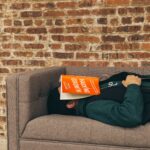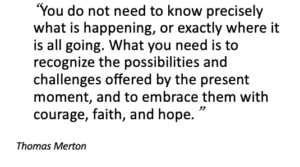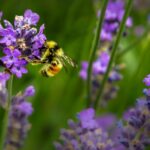Slow Knowing Deep Learning
for Health-Justice
Live zoom session https://us02web.zoom.us/j/86419703983
3.30pm – 5pm UK time Meeting ID: 864 1970 3983 Passcode: 113544
Activity One
Setting the Scene
Hello! I will dispense the small talk and ask why are you here?! Ha ha. That’s a big question! You can certainly include deep existential reflections, and spending some time with other questions would likely be helpful too: such as, “why am I doing this course?” “what do I hope for?” “what topics do I want to explore?” “is there anything that I want explained?” “why now?” And a useful overall question is to think about what would you like to be different when the course closes.
How is the pandemic affecting you? Can you make time and space to reflect on this too? Be gentle with yourself, and stay safe. For example, is there someone you can talk to if it stirs painful emotions, a way of noticing if it’s getting too much, or something you can plan to do to process things if it starts to feel overwhelming?
You might also like to think about what you bring to your own learning and to the group. What are your passions, values, experiences? Your hopes, errors, confusions?
What makes a great learning community? What does this mean for how you want to engage and what you’re looking for from me and other learners?
Setting the scene for yourself like this gets us ready to welcome and grapple with ideas and flux. We have prepared our body to know and the learning is more likely to “sink in” rather than being something we mainly understand only in our head.
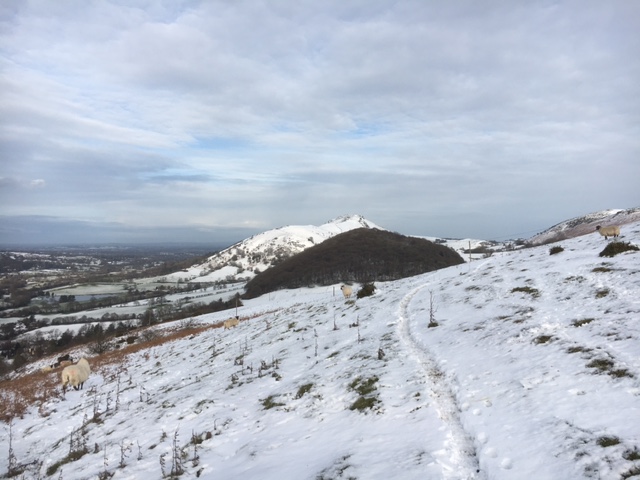
I’ve mentioned Covid as relevant. You might also like to set the scene by noting where you are physically (town, type of room etc), and the season or date. Locating ourselves in time and place like this is a useful practice to develop. This is because it challenges the idea of knowledge as something that is “out there” and abstract. In fact, knowledge always emerges from particular people in a particular time and place. Becoming more aware of this helps us to question ideas we used to take for granted. It also helps us learn to trust ourselves.
I am writing this from my flat in snowy Church Stretton, shown in the picture. It’s January 2021 and here in England we are in a strict lockdown.
Activity Two
Photovoice
Please take a photo on the topic of ‘learning’. What image captures (something of) what learning means to you? I’ll invite you to share it and say few words with the group on zoom.
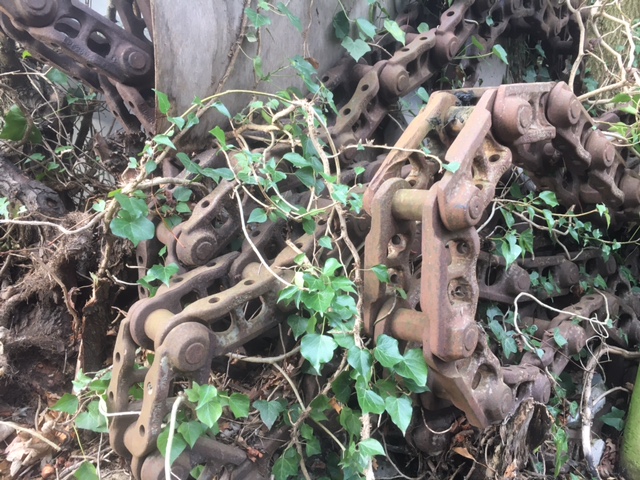
Activity Three
How Do You Know?
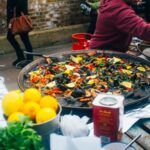
People living across an area of Europe referred to by nutritionists as ‘the Mediterranean’ have relatively low rates of heart disease in the population as compared to people living in other areas of Europe. The difference has been strongly linked to diet.
This activity is in three parts.
First part: What do you already know about the Mediterranean Diet in relation to heart health?
- What foods are linked with improved heart health? Are there specific nutrients within these foods that can explain their impact?
- Are there any foods ‘missing’ from the Mediterranean diet whose absence also improves heart health?
- Can you suggest a definition, “The Mediterranean Diet is …”
The activity is most useful if you do part one without knowing what is coming, just saying in case you were reading everything through and want to stop here
Part two: Are there other factors, aside from nutrient intake, that could link the Mediterranean diet with improved heart health?
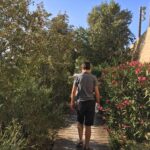
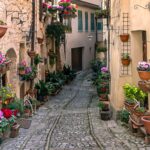
Is there anything else about the land, beliefs, culture, diet of people living in the Mediterranean that could be contributing to enhanced heart health as compared to non-Mediterranean countries?
- Can ‘the Mediterranean diet’ exist in a meaningful way outside of the Mediterranean?
- How does the popular public health message about a Mediterranean diet impact health justice?
This last part gets into analysis, or theory.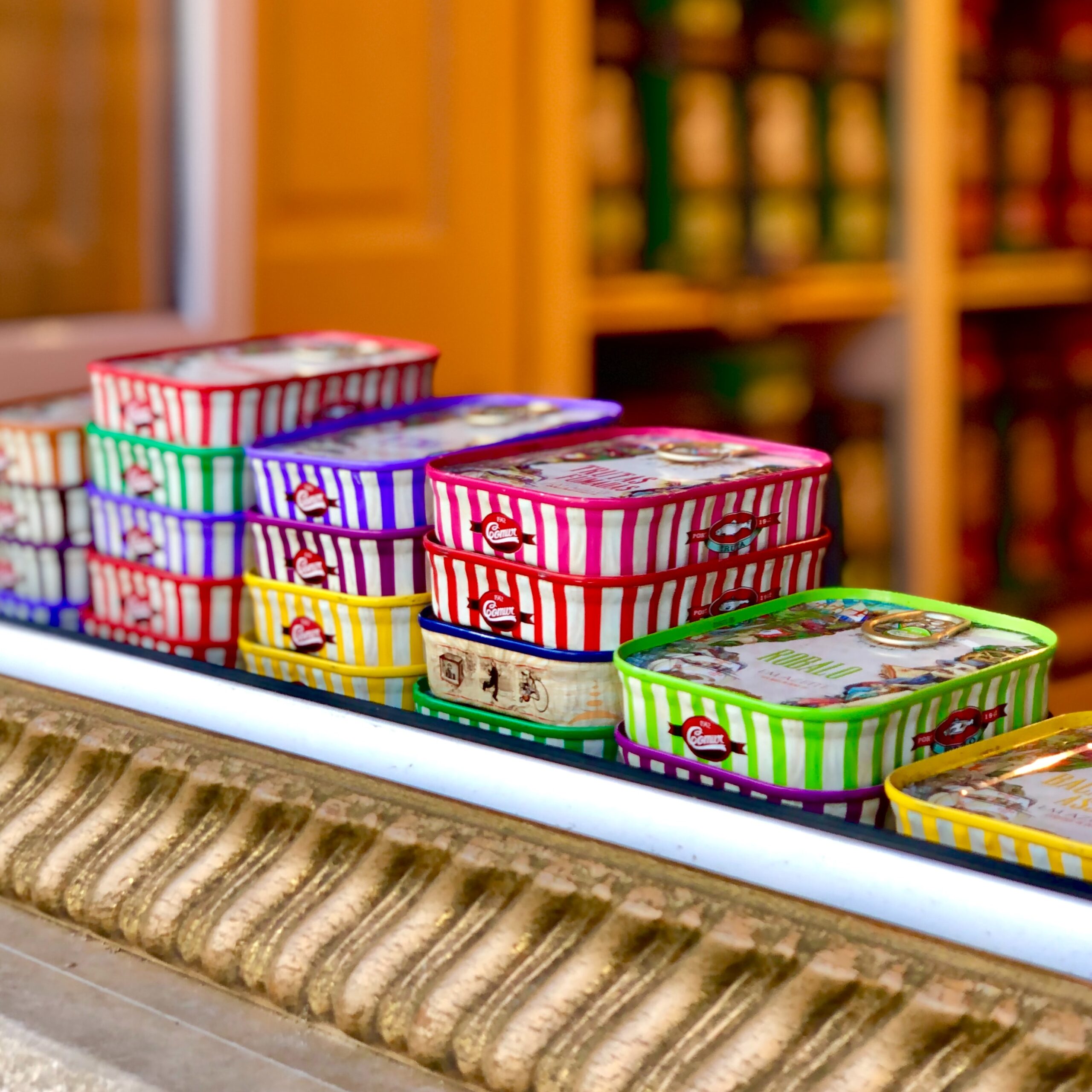
Can you name any of the ideologies/theories/concepts underpinning popular nutrition messages about the Mediterranean diet. For instance, you might have noticed healthism.
I’ll invite you to type your answers to this last section in the chat in the zoom call.
This is an interesting read from UNESCO on the Mediterranean diet.
(PS. If you been in a Well Now group where I have taught this topic, can you notice any differences between how I taught it then, and here?)
Activity Four
Creative Self Timeline
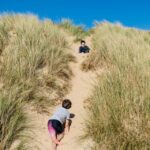
Does being creative come easy to you, or is complicated or off-radar?
The invitation here is to draw a timeline where you consider how creative you have been at different times of your life.
What events and beliefs have influenced this?
Do you think of yourself as a creative person? If so, why is this? If not, why is this? Can you imagine changing your answer?
How is creativity connected with learning and teaching?
Here’s some thoughts on creativity by a key author I have learnt from, the physicist David Bohm.
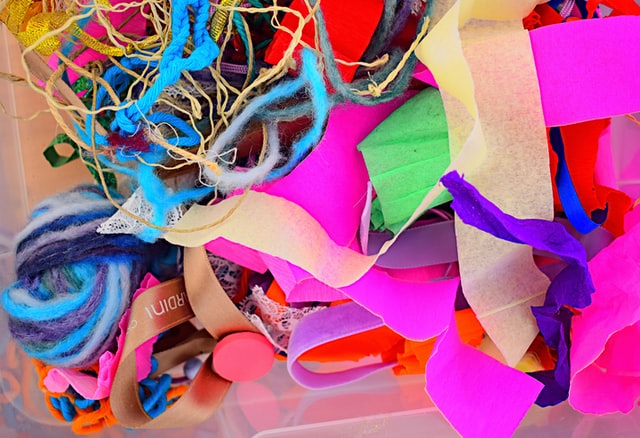
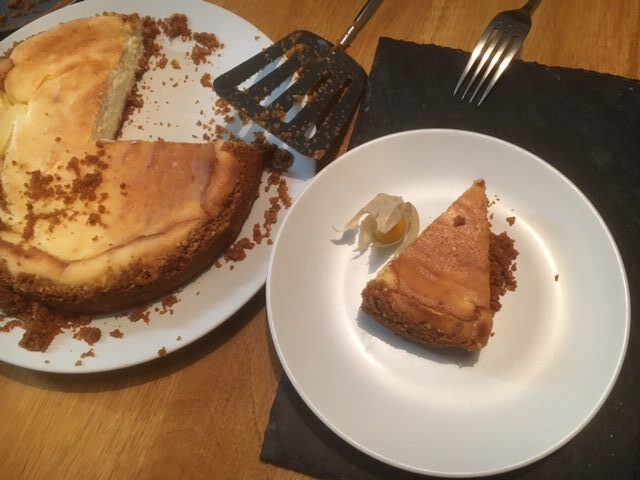
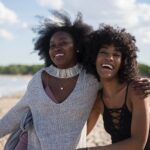 Activity Five
Activity Five
Activity Six
Deep Connection
Real, deep, significant learning has always been a letting go for me. I’ve let go of the beliefs about myself and the world and other people that got in the way of me knowing something. And then there it was, the new Truth. Just as it always had been. It was me who had changed, I had changed so that I was able to know myself and the world in new ways.
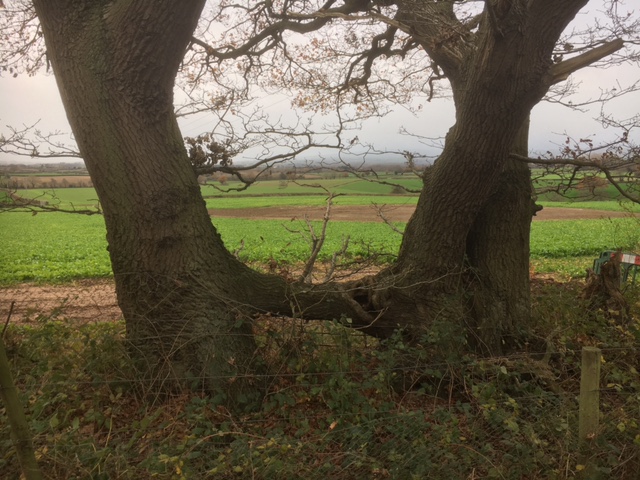
Anchoring ourselves to values is something that can help exploration. You might have considered this already in section one.
Something else that helps is drawing on, or cultivating, a sense of deep connection. This can be felt through attention to body awareness, that we can experience through mindfulness practice, or creative expression. It can also be felt in relation to other humans. Perhaps less obviously, given our education, it can come through connection with the land and non-human nature, from that which is sacred to you, and through ancestral lineage.
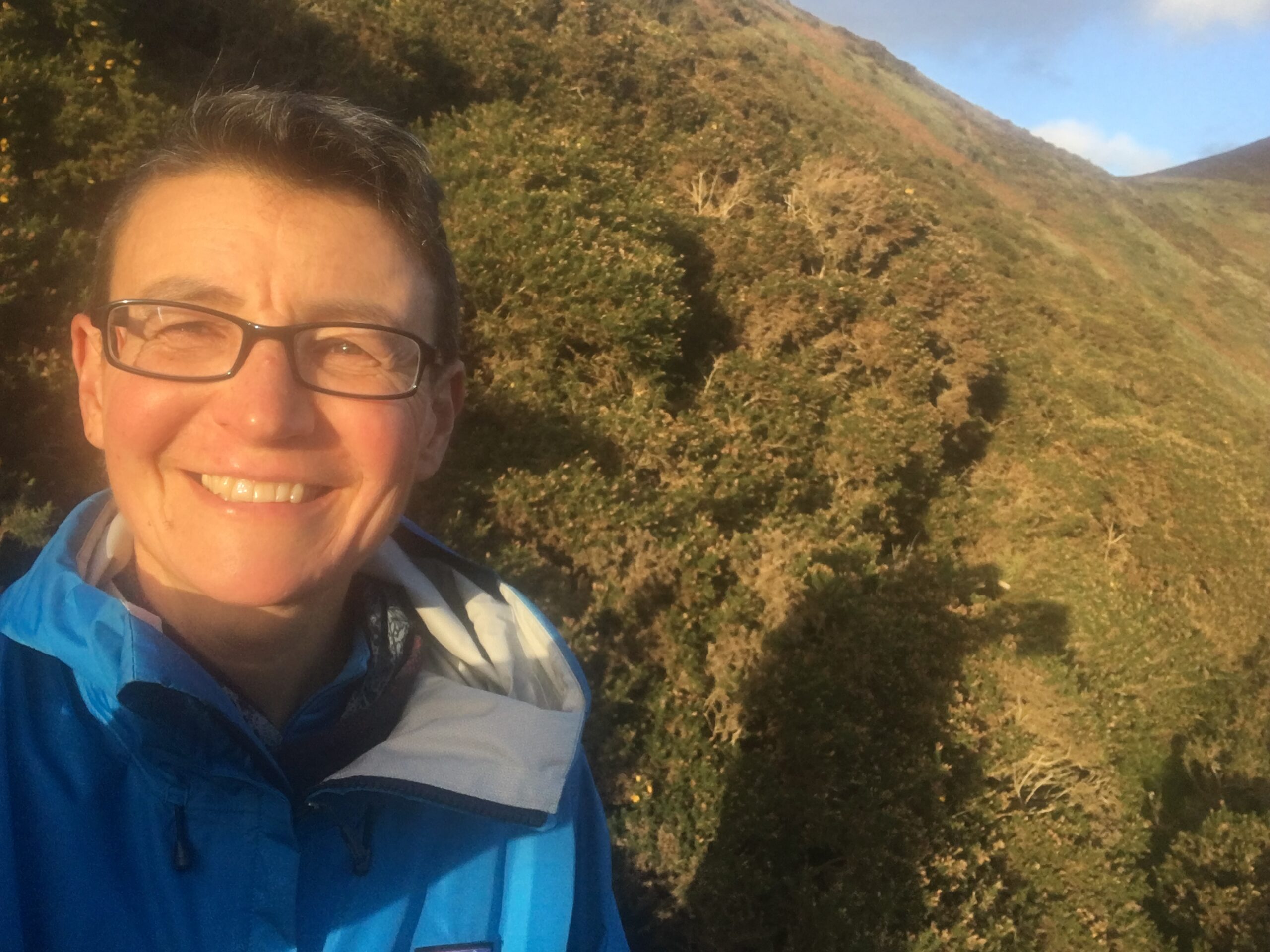
Maybe this list generates other ideas. It might seem a strange thing to be talking about! That’s because it has been made strange by the mindset we will be getting to grips with in this course – a mindset of disconnect and disrespect.
For the moment, the feeling that one or more other Being has your back will support your learning whether this connection is via a study buddy, your faith, a local tree or whatever!
Activity Seven
Radical Body Love
Deep work is Love’s Work. Or is it? What’s your take on this idea?
The transformational leader and activist Sonya Renee Taylor talks about radical self love as the route to collective liberation.
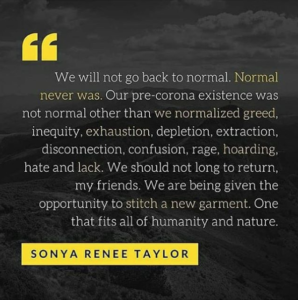
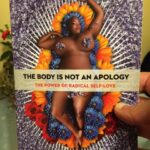
Sonya founded the digital organisation The Body Is Not An Apology and wrote a book by the same name.
Activity Eight
To Summarise
